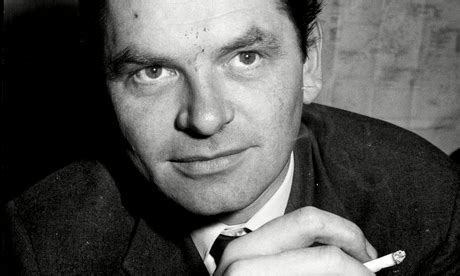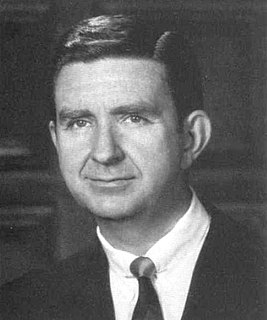A Quote by Michael Pollan
People have traditionally turned to ritual to help them frame and acknowledge and ultimately even find joy in just such a paradox of being human - in the fact that so much of what we desire for our happiness and need for our survival comes at a heavy cost.
Related Quotes
One of the fundamental demonstrations of our natural instinct to Bond with each other is a will to give. Rather than domination, our most basic urge is to reach out to another human being, even at a cost to ourselves. Giving to others-the urge to empathize, to be compassionate, and to help others altruistically-is not the exception to the rule, but our natural state of being. Our impulse to connect with each other has developed an automatic desire to do for others, even at personal cost. Altruism comes naturally to us. It is selfishness that is culturally conditioned and a sign of pathology.
The people of the Third World need our sympathetic understanding and, much more than that, they need our help. We can provide them with a margin of survival by internal disruption in the United States. Whether they can succeed against the kind of brutality we impose on them depends in large part on what happens here.
The most important fact about our shopping malls, as distinct from the ordinary shopping centers where we go for our groceries, is that we do not need most of what they sell, not even for our pleasure or entertainment, not really even for a sensation of luxury. Little in them is essential to our survival, our work, or our play, and the same is true of the boutiques that multiply on our streets.
On Christmas morning, our joy or our happiness can be at a very high level, not because of our anticipation of what we might receive but, rather, in anticipation of watching our loved ones open our gifts to them. In fact, if we're not careful, we can fail to register sufficient excitement and joy upon opening the gifts we receive from others. We must remember that they are happiest at that time and to give them top billing, to stretch their happiness to its full length.
We need a sense of the oneness of the 7 billion human beings alive today. When I meet people, I don't think about being different from them, about being Tibetan, Buddhist or even the Dalai Lama. I only think about being a human being. We all share the potential for positive and negative emotions, yet one of our special qualities is our human mind, our intelligence. If we use it well we'll be successful and happy.
I don't know if anyone has noticed but I only ever write about one thing: being alone. The fear of being alone, the desire to not be alone, the attempts we make to find our person, to keep our person, to convince our person to not leave us alone, the joy of being with our person and thus no longer alone, the devastation of being left alone. The need to hear the words: You are not alone.
Material objectives consume too much of our attention. The struggle for what we need or for more than we need exhausts our time and energy. We pursue pleasure or entertainment, or become very involved in associations or civic matters. Of course, people need recreation, need to be achieving, need to contribute, but if these come at the cost of friendship with Christ, the price is much too high. The substitutions we fashion to take the place of God in our lives truly hold no water. To the measure we thus refuse the "living water," we miss the joy we could have.
The myth of the self-sufficient individual and of the self-sufficient, protected, and protective familytells us that those who need help are ultimately inadequate. And it tells us that for a family to need help--or at least to admit it publicly--is to confess failure. Similarly, to give help, however generously, is to acknowledge the inadequacy of the recipients and indirectly to condemn them, to stigmatize them, and even to weaken what impulse they have toward self-sufficiency.
I would like people to be more aware of the fact that ultimately we are paying for things, and it's not just as privacy advocates point out that we're paying with our time and our data. We're also paying with money, because the hundreds of billions of dollars spent on advertising is just factored into the cost of the goods that we buy. It's all coming out of our pocket, just in a really roundabout way.




































